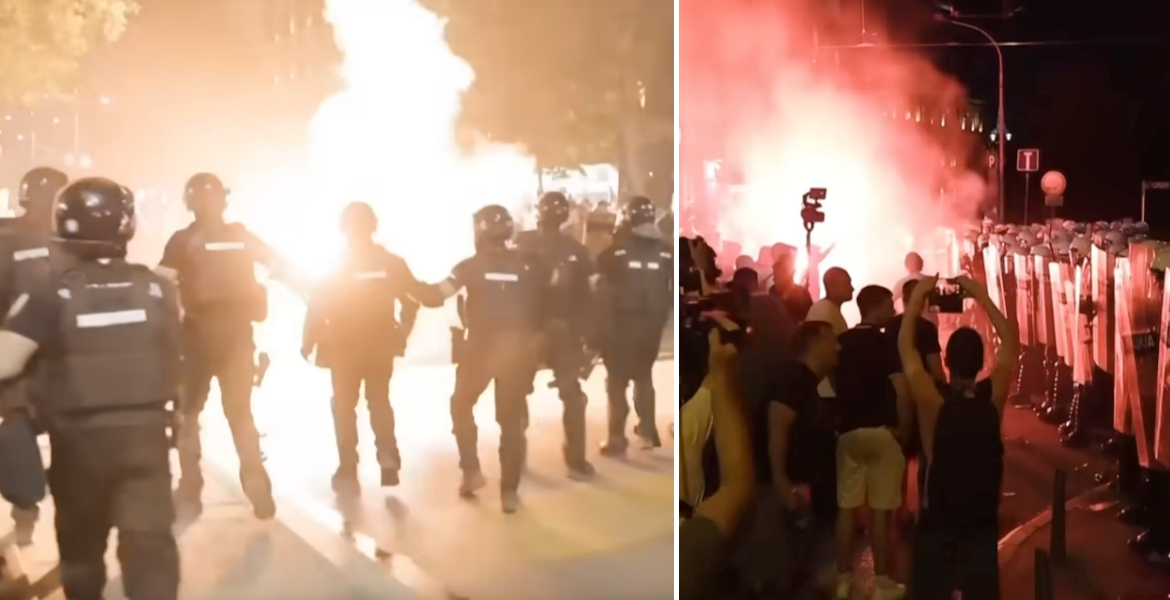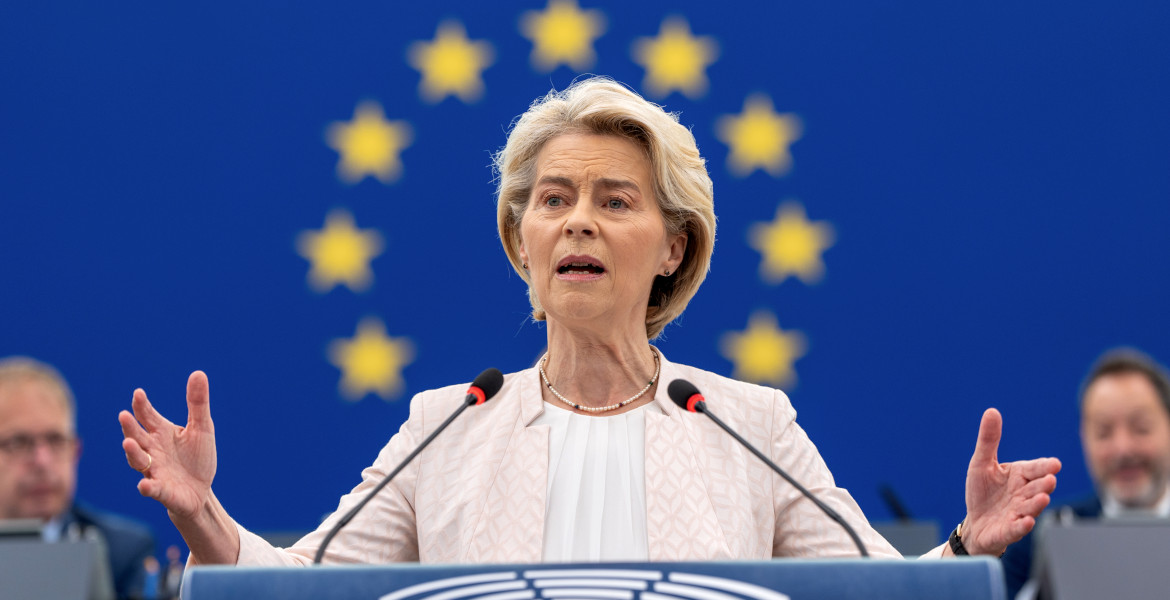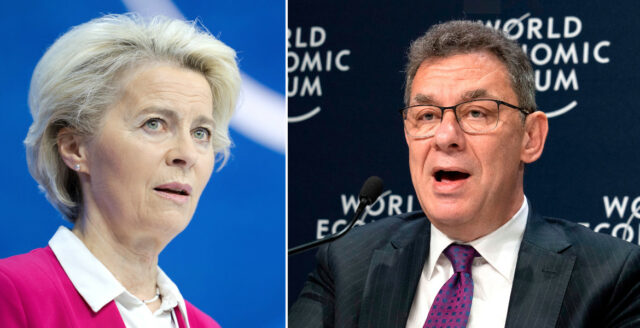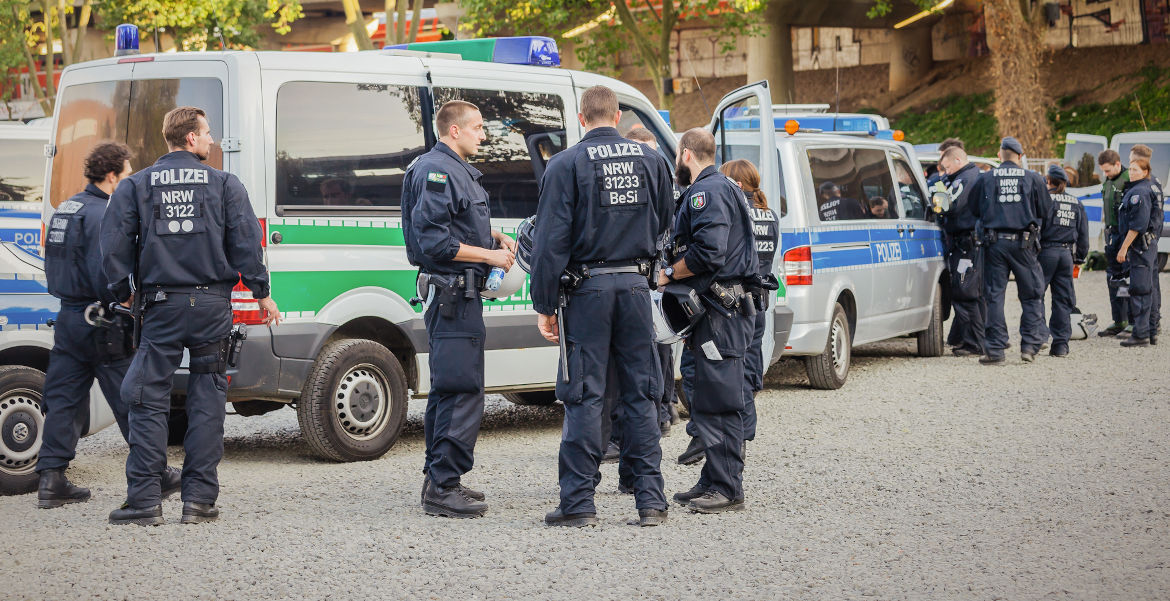Early morning on June 25, German police conducted over 170 house searches in a coordinated operation targeting individuals suspected of insulting government officials or expressing political views that violate current legislation.
The operation was led by the Federal Criminal Police Office (Bundeskriminalamt) and marked the twelfth national operation against so-called politically motivated crimes of this nature.
The operation primarily targeted individuals who had published nationalist and immigration-critical content, but also individuals with links to alleged religious extremism and left-wing extremist movements.
According to reports, two-thirds of the suspects had made “far-right” statements. Several are also being investigated for violations of a paragraph in the German Criminal Code that prohibits insults against politicians – a law that has been increasingly applied in recent years.
Particularly politicians from The Green Party have, according to media reports, chosen to pursue legal action against individuals who have insulted them. The current legislation has resulted in fines for people who have called politicians “idiots” or published derogatory images.
“Digital arsonists”
The raids began at six o’clock in the morning, during which a large number of computers, mobile phones, and tablets were seized.
– Digital arsonists must not be able to hide behind their cell phones or computers, declared Herbert Reul (CDU), Interior Minister of North Rhine-Westphalia, in a comment.
– Many people have forgotten the difference between hatred and opinion, but it’s so simple: If you don’t do it in the real world, it’s not appropriate to do it digitally. It’s time for more attitude, offline and online.
According to Germany’s Federal Police, a total of 10,732 crimes related to so-called hate posts online were registered during 2024 – an increase of about 34 percent compared to the previous year. Compared to 2021, the number has almost quadrupled.
Harsh criticism
German legislation regarding alleged hate propaganda and insults has long been subject to international criticism, and high-ranking U.S. politicians have repeatedly expressed concern about how these laws affect freedom of expression. U.S. Vice President JD Vance has called them stifling and claimed they limit the possibility of free opinion formation.
At the Munich Security Conference earlier this year, Vance suggested that U.S. support for NATO could be affected by how Germany handles freedom of speech issues.
– Insulting someone is not a crime, and criminalizing speech is going to put real strain on European-US relationships. This is Orwellian, and everyone in Europe and the US must reject this lunacy, he urged on another occasion when German repression against dissidents came to light.
German politicians have defended their legal practice, claiming that the legislation aims to counter harmful rhetoric while maintaining a balance between freedom of expression and protection against hate crimes.









